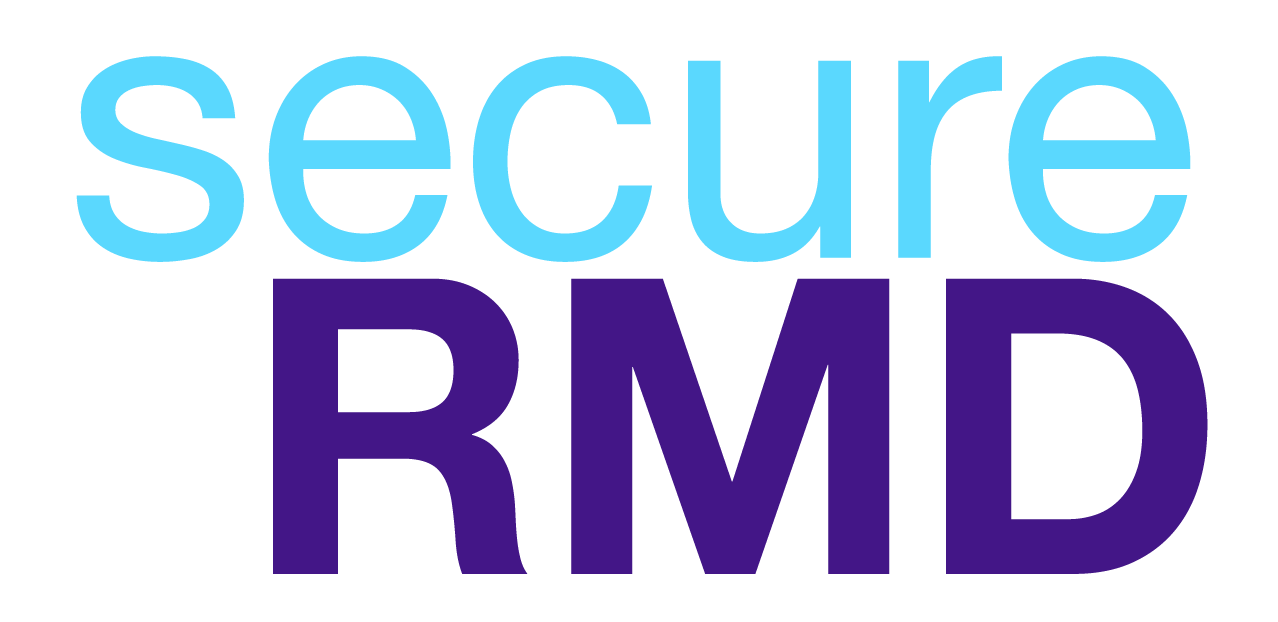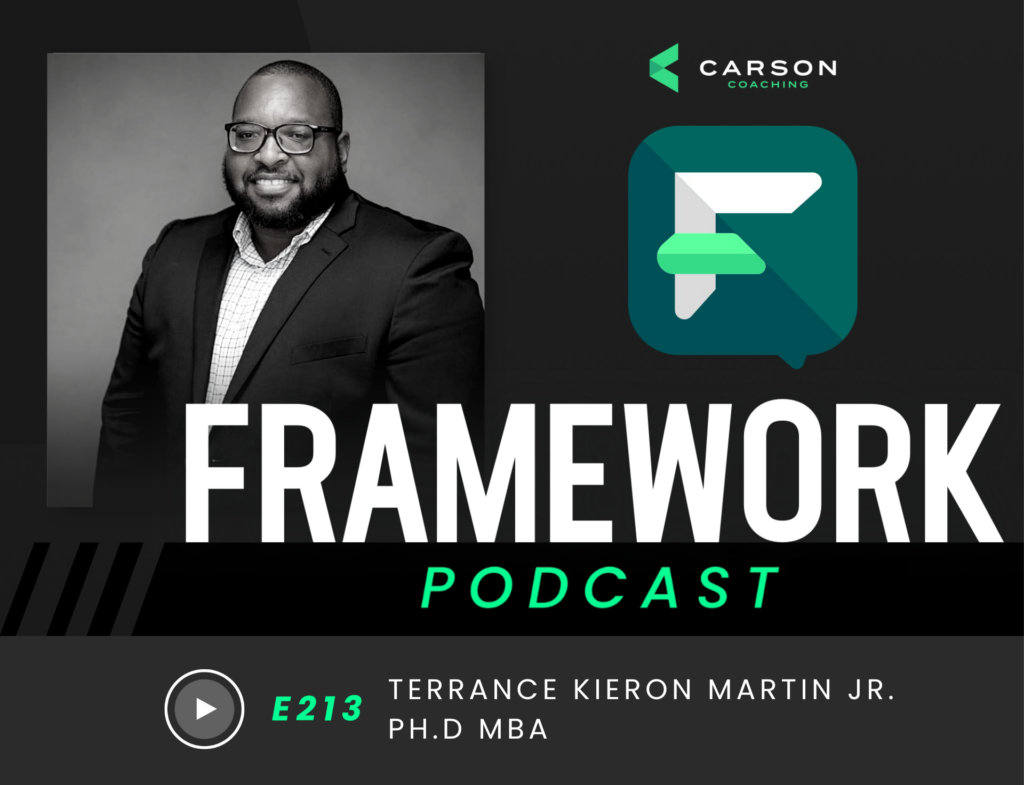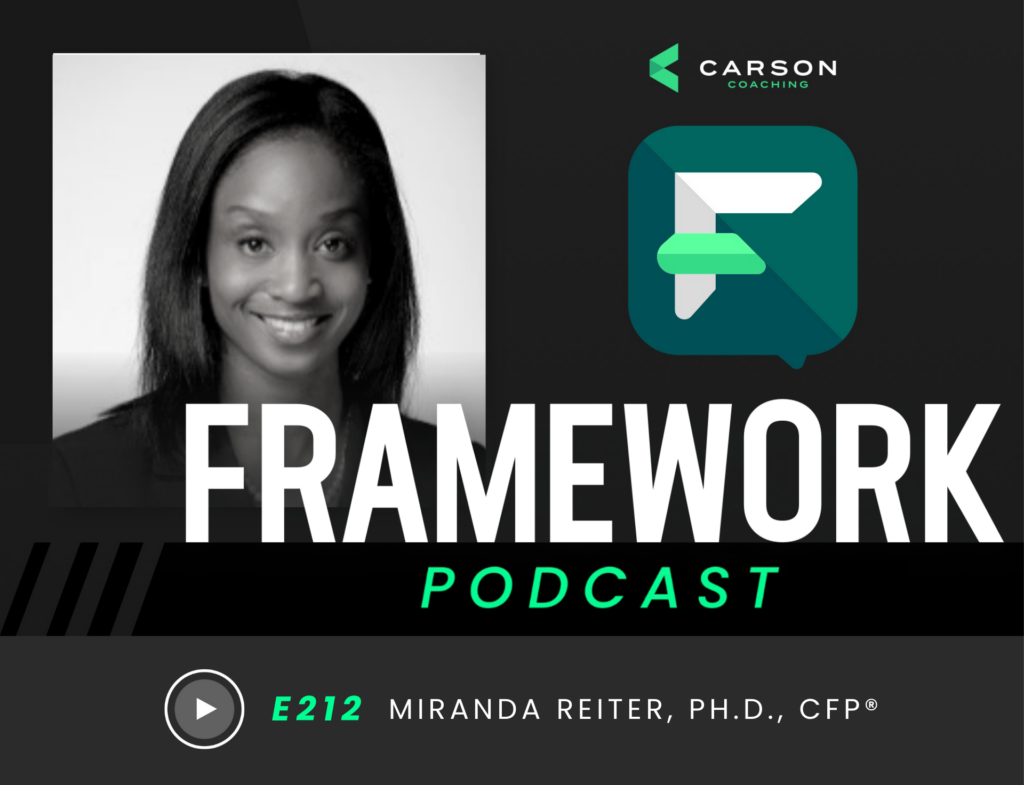In this episode for our Behavioral Finance Week on Framework, Jamie talks with Dr. Daniel Crosby, Chief Behavioral Officer at Orion Advisor Solutions. Dr. Crosby specializes in the intersection between money, mindfulness, and meaning.
Dr. Crosby’s interest in behavioral finance began at an early age. He watched his father pay off their family’s house at just 35 through fanatic frugality. Thinking he wanted to become a financial planner like his father, a mission trip to the Philippines sparked an interest in human interaction and cultural collisions. So he dove into life as a clinical psychologist, only to feel burned out by the emotional demand of working day-in and day-out with a darker side of humanity.
After leaving his clinical work to assess employees at a financial firm, Dr. Crosby discovered behavioral economics and quickly realized no one was translating behaviorism into practical advice for people like his father in Middle America. So he set out to become that translator.
Dr. Crosby talks with Jamie about the weak correlation between education and behavior, how quarantine has affected our money mindset, and his hopes for the future of behavioral finance.
Join us for our Behavioral Finance Week – daily episodes about the connection between psychology and money. These concepts can help financial advisors plan more accurately and sustainably for their clients. Tune in every day this week for a new episode!
(33:31) “I want (behaviorism) to become so part and parcel of the study of finance and economics that we fail to differentiate it. I have young kids and I hope that when my kids go to college there’s no behavioral finance course because behavior is just baked into everything they study because that’s the way that markets operate.” ~ @danielcrosby
Main Takeaways
- The way we acquire money and the way we mentally label it impacts the way we spend it. For example, people typically spend “free” money (stimulus checks, gambling winnings) more recklessly than W-2 earnings.
- The gamification of investing and a world that’s been thoroughly de-risked in lockdown has caused an uptick in financial risks.
- Risk-taking is domain-specific. Some people refuse to bungee jump but will bet everything in the stock market.
- At some point, what’s right for the business and what’s right for the consumer will be at odds. That’s why teaching ethics and funding organizations led by ethical leaders has never been more important.
- Knowing and doing are not tightly correlated. Deep certainty and deep understanding rarely go together.
Links and Important Mentions
- Orion Advisor Solutions
- The Laws of Wealth: Psychology and the secret to investing success
- The Behavioral Investor
- Dr. Daniel Crosby on LinkedIn
- Dr. Daniel Crosby on Twitter
- Standard Deviations
Transform the Way You Grow Your Firm at Excell 2021
Whether you’re just starting out in the industry or you manage a billion-dollar firm, Excell 2021 is for you. As one of the largest conferences in the industry, we have a full slate of development opportunities for you and your entire team. Hear from Carson Founder and CEO Ron Carson, best-selling author John DiJulius, Nerd’s Eye View’s Michael Kitces, Framework Host Jamie Hopkins, and plenty more.
Join us October 12-14, 2021, in Las Vegas, or register for our digital-only conference. Register today at https://excellconference.com.






